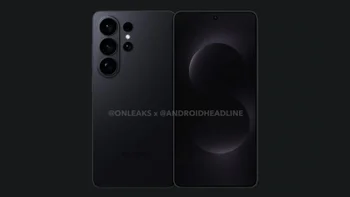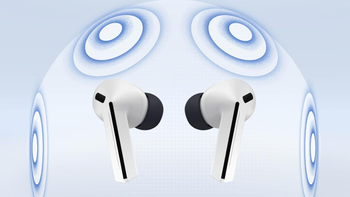T-Mobile customers won't have to wait much longer for satellite texting, FCC filing reveals

In 2022, SpaceX and T-Mobile announced a partnership to pair the former's Starlink satellite constellation with the latter's wireless network to provide connectivity in areas that are unreachable by telecommunication service providers. Earlier this year, the two hinted that their Direct to Cell service was ready for a commercial rollout. In May, many T-Mobile customers got the satellite messaging option on their smartphones, and now, it looks like we have a launch timeframe for the service.
According to a FCC filing by SpaceX first spotted by Light Reading, Direct to Cell service is coming to the US this fall.
In the filing, SpaceX has appreciated the FCC for adopting a flexible regulatory framework for supplemental coverage from space (SCS) but has also requested the commission to adopt band-specific limits instead of the current one-size-fits-all aggregate out-of-band power flux-density (PFD) to better achieve its goal of improved service, broader coverage, and more choices for consumers.
Also read: T-Mobile and Starlink explained
T-Mobile had previously revealed that most of the phones on its network would be compatible with the service, meaning no additional hardware would be required. It was also said that a new network would be created, which would use Starlink’s satellites to transmit via T-Mobile’s mid-band spectrum.
The service aims to provide complete coverage nearly anywhere you can see the sky.
It's likely that the service will be included for free with T-Mobile's expensive packages and for an extra fee on other plans.
In the beginning, only text messaging will be supported, and you will be free to text anyone you want using the service, not just emergency responders. Voice and data services are expected to be introduced next year.
SpaceX has over 6,000 Starlink satellites in orbit, which help it provide consistent service. The company intends to have nearly 800 satellites capable of direct-to-cell connections in orbit in the next few months.
In the filing, SpaceX has appreciated the FCC for adopting a flexible regulatory framework for supplemental coverage from space (SCS) but has also requested the commission to adopt band-specific limits instead of the current one-size-fits-all aggregate out-of-band power flux-density (PFD) to better achieve its goal of improved service, broader coverage, and more choices for consumers.
Also read: T-Mobile and Starlink explained
The service aims to provide complete coverage nearly anywhere you can see the sky.
It's likely that the service will be included for free with T-Mobile's expensive packages and for an extra fee on other plans.
SpaceX has over 6,000 Starlink satellites in orbit, which help it provide consistent service. The company intends to have nearly 800 satellites capable of direct-to-cell connections in orbit in the next few months.
Follow us on Google News


![Some T-Mobile users might be paying more starting in March [UPDATED]](https://m-cdn.phonearena.com/images/article/176781-wide-two_350/Some-T-Mobile-users-might-be-paying-more-starting-in-March-UPDATED.webp)











Things that are NOT allowed:
To help keep our community safe and free from spam, we apply temporary limits to newly created accounts: